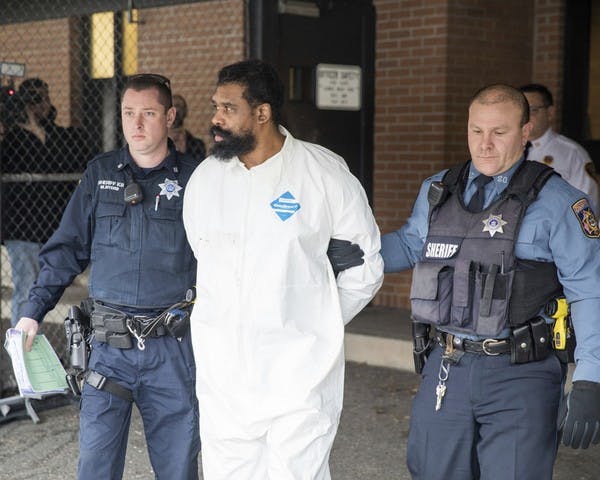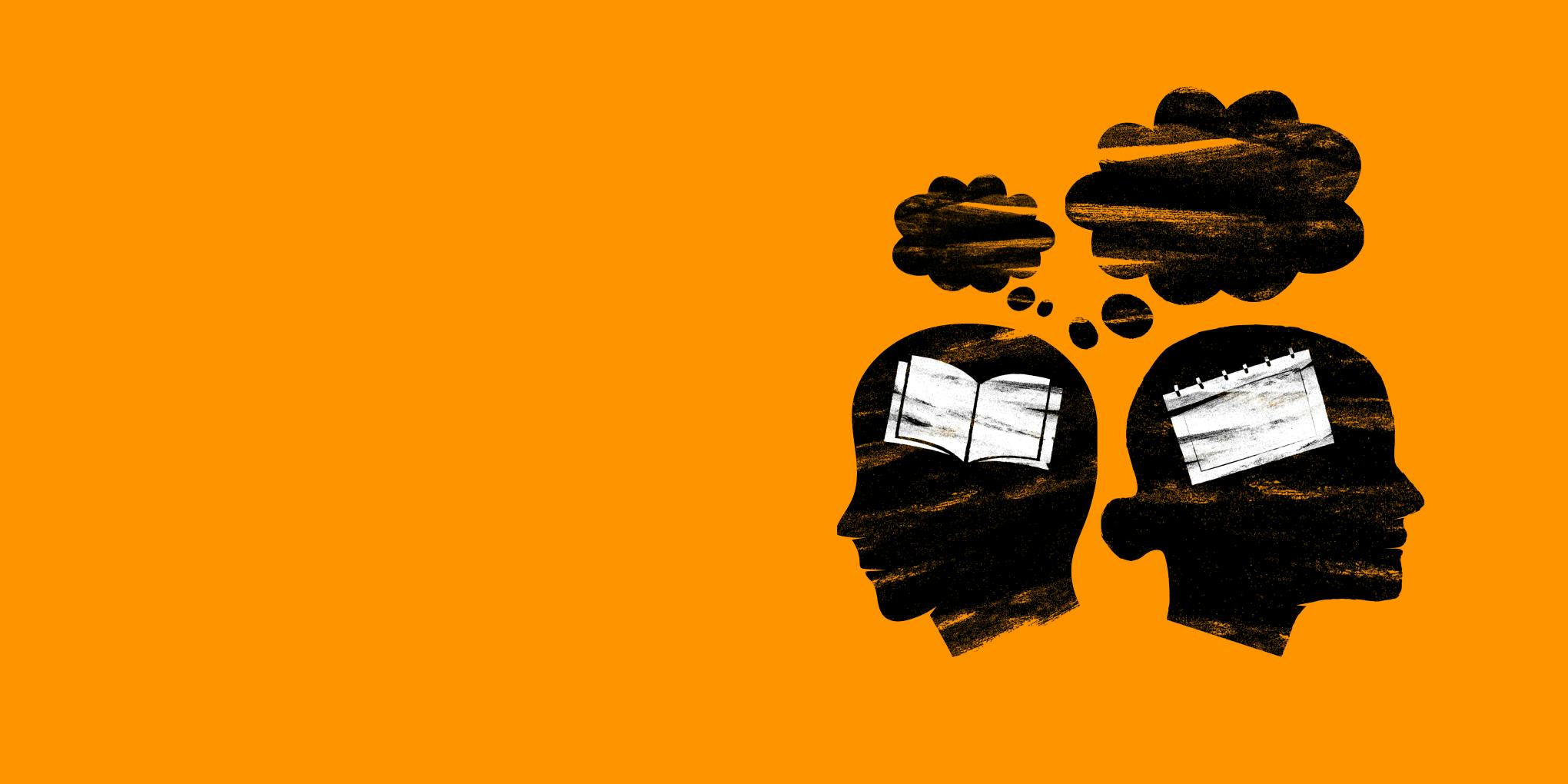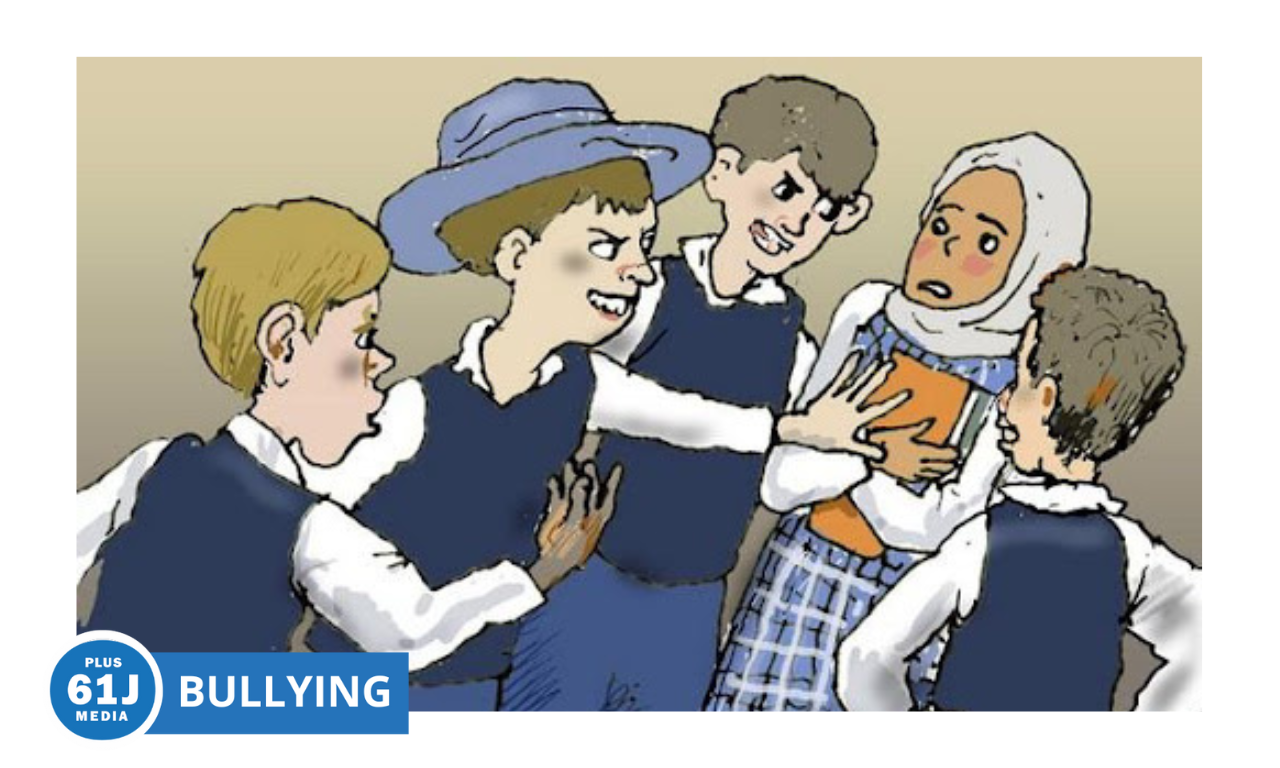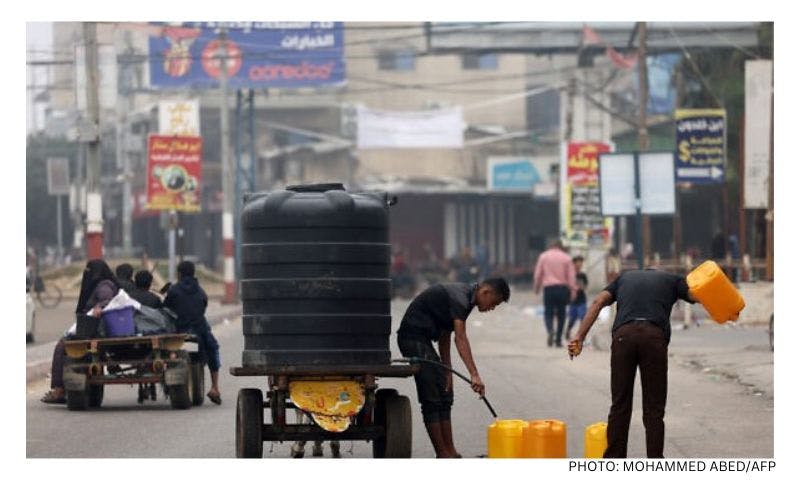Published: 29 August 2019
Last updated: 4 March 2024
It is this politics of resentment, at a personal and international level, that has allowed anti-Semitism to resurface with even more virulence over the past decade, says the prominent American historian, Professor Deborah Lipstadt, who is visiting Australia on a speaking tour.
Lipstadt says the impact of rapid global stress and change – ranging from economic to social, immigration, technological, sexual and racial identity has left many people feeling discomfited.
“There has been a push for populism, for nativism. The flow of immigrants from African and Middle-Eastern countries destabilises things; people feel threatened. It causes changes. “I’m not putting that down. The changes are real.”
READ
Five stabbed in New York attack on rabbi's home during Chanukah celebration (Haaretz)
Attacks leave a Jewish community on edge as leaders call for more protection (Guardian)
This process has fed into an “inhospitable atmosphere” that has been exploited by populist leaders in the US, Poland, Hungary, Italy and even in England, she says.
“On some level [these leaders] seem to tolerate if not encourage a resentment, a divisiveness. I don’t know if they’re anti-Semites but anti-Semites feel emboldened” under them.
On the right-wing side of politics, this hatred has seen a spate of sickening white nationalist and anti-Semitic attacks in the US and elsewhere over the past year - including the massacre of Jews on Shabbat at the Tree of Life synagogue in Pittsburgh, another shooting at a Chabad congregation in Poway, California, another in Miami, and the massacre of some 50 Muslims in Christchurch.
In Europe a member of the German parliament was assassinated in July, the Hungarian Prime Minister has demonised Jewish philanthropist George Soros and forced the university he founded to move to Austria. In Israel, too, the Netanyahu government last year passed legislation effectively making its Arab population second-class citizens.
[gallery columns="1" size="large" ids="24206"]
But the flourishing of anti-Semitism is by no means confined to the political Right. Discrimination and blaming of Jews is entrenched in the Left, a legacy of the Soviet Union which created a “Zionism is racism” equation, Lipstadt says.
But there’s a more subtle prejudice also at work. “You see this with {British Labour leader] Jeremy Corbyn, and with certain people on the left in the US. Their view of prejudice is refracted through a prism, which has three facets: ethnicity, class and power.
The Left prism sees Jews as white, even though people on the right don’t see Jews as white. They see Jews as privileged, even though many Jews are not privileged. And they see Jews, consequently, as having power.
“They see Jews as white, even though people on the right don’t see Jews as white. They see Jews as privileged, even though many Jews are not privileged. And they see Jews, consequently, as having power.
“Ipso facto if you are white, privileged and have power, you can’t be victims of prejudice.”
These two wellsprings of anti-Semitism, right and left, together with the Muslim extremism that has driven murders of Jews in France, encapsulate a world where people are increasingly concerned about the fabric of their life.
[gallery columns="1" size="large" ids="30488"]
She says this is reflected in the invitations from the Antidote festival at the Sydney Opera House, and the Melbourne Writers Festival to come and speak over the coming week about anti-Semitism and her recent book, Anti-Semitism: Here and Now (Schocken), which has been reprinted four times in less than a year.
“If these festivals are putting [me] on as one of their major presentations, it means there is a bigger concern out there.
“The truth of the matter is that no democratic society can consider itself healthy if it’s got anti-Semitism in its midst. Not because it’s bad for the Jews but because it’s bad for democracy, for society. It is also bad for the Jews, and I would say the same thing about racism. Prejudice has got to be fought, and you can’t be picky or choosy.”
On some level nationalist leaders seem to tolerate if not encourage a resentment, a divisiveness. I don’t know if they’re anti-Semites but anti-Semites feel emboldened” under them.
COMBATTING THIS HATRED requires decisive response at the highest level, she says. “Here’s the irony. In Europe you have government agencies who have a very hard time taking Islamic and anti-Semitic extremism seriously. They don’t want to identify it because that will call division.
“In my country, there is a failure to see these groups as domestic terrorism. Once they call it that, the police have all sorts of powers to track and to follow and look at it.”
Lipstadt uses the plural to describe attackers because she says it is not relevant, nor useful, to see them as individuals. “Look, there’s no such thing as a lone wolf anymore. The guy in Pittsburgh and the guy in San Diego (Poway) didn’t know each other at all yet they read the same websites, they used the same rhetoric. You don’t need physical proximity any more.”
Just as leaders can send messages of unity, they are also often opening greater divisions, she says. A case in point was the recent decision by Israel’s government to ban Democratic congresswomen Rashida Tlaib and Ilhan Omar from visiting the West Bank.
“The ban was strategically stupid. It gave them something they could not have bought – publicity. Here I am, sitting in Australia, and you’re asking me about two freshman congresswomen in America. They have gotten publicity and status as victims.
“And that’s no defence of them. I don’t think much of them. I think Omar has engaged in overt anti-Semitism and she’s apologised too many times. [I make] no defence of them. But strategically they won this battle.”
Lipstadt has also fought and won her own share of public battles over her distinguished career as a historian of anti-Semitism and the Holocaust. In 2000 she won a famous defamation case in London brought against her by Holocaust denier David Irving, which spawned a memoir on the case, Denial (2005) and then a film based on the book, in 2016.
She says the film “changed my life in that millions of people saw it all over the world,” and recognised her and her work. “It gave me a bigger megaphone,” she quips. “What comes out of that megaphone is, I hope, the same as before. It hasn’t changed me personally, or my views.”
Main photo: Ramapo police officers escort Grafton Thomas from Ramapo Town Hall to a police vehicle, on Sunday, in Ramapo, New York (AP/Julius Constantine Motal)
DETAILS OF DEBORAH LIPSTADT'S SPEAKING DATES
September 1: Sydney: Antidote, Sydney Opera House
September 2: Melbourne Writers Festival




